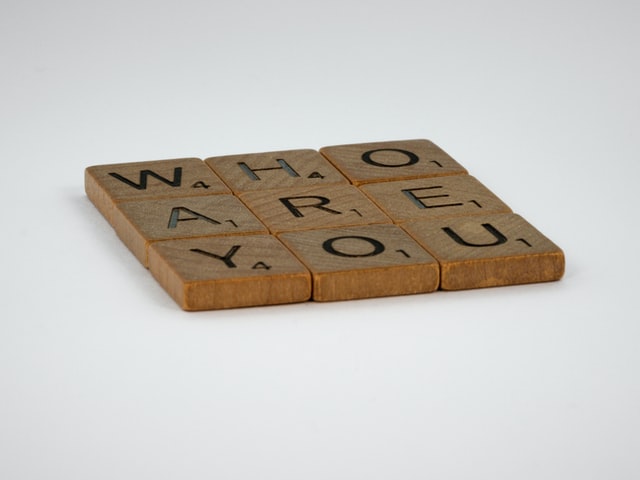Identity is not something that falls on us out of the sky. For better or for worse, identity is bestowed. We are who we are in relation to others. But far more important, we draw our identity from our impact on those others—if and how we affect them. We long to know that we make a difference in the lives of others, to know that we matter, that our presence cannot be replaced by a pet, a possession, or even another person. The awful burden of the false self is that it must be constantly maintained.
We think we have to keep doing something in order to be desirable. Once we find something that will bring us some attention, we have to keep it going or risk the loss of the attention.
And so we live with the fear of not being chosen and the burden of maintaining whatever it is about us that might get us noticed and the commitment never to be seen for who we really are. We develop a functional self-image, even if it is a negative one. The little boy paints his red wagon a speckled gray with whatever Father left in the can after putting a new coat on the backyard fence. “Look what I did!” he says, hoping for affirmation of the wonderful impact his presence has on the world. The angry father shames him: “What do you think you’re doing? You’ve ruined it.” The boy forms an identity: My impact is awful; I foul good things up. I am a fouler. And he forms a commitment never to be in a place where he can foul things up again. Years later, his colleagues wonder why he turned down an attractive promotion. The answer lies in his identity, an identity he received from the impact he had on the most important person in his world and his fear of ever being in such a place again.
And that’s the memo.
By John Eldredge from Sacred Romance






